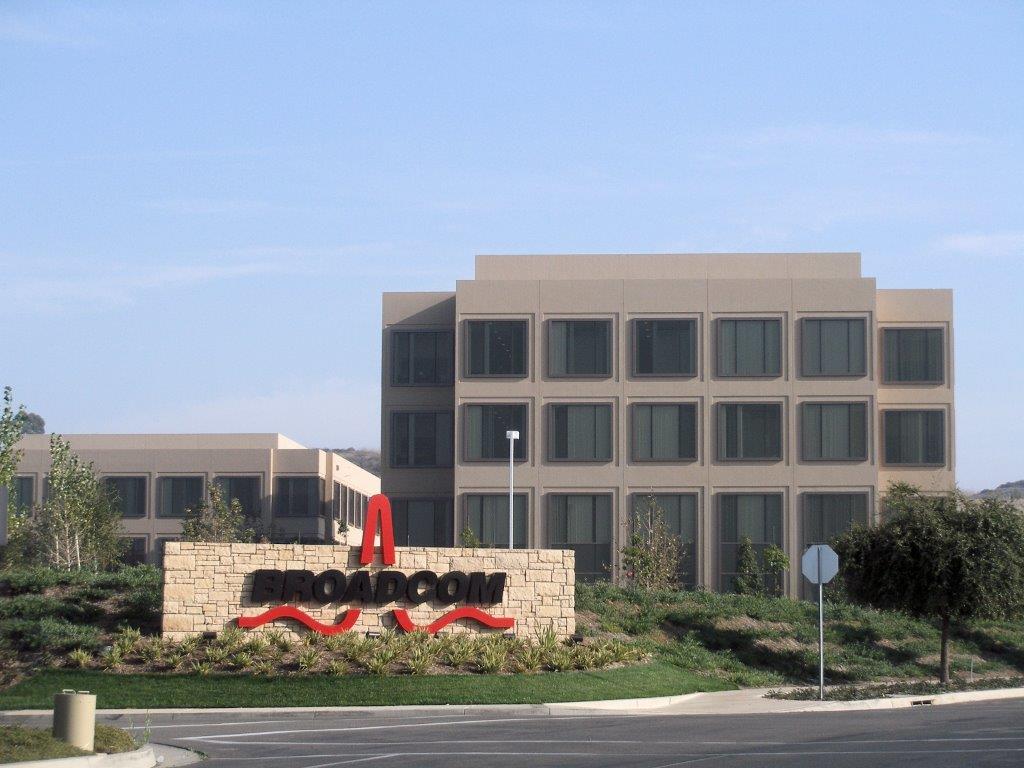CMA expresses Broadcom/VMWare deal concerns
March 23, 2023
By Colin Mann

Broadcom’s $61 billion (€57bn) deal to buy VMware could lead to less innovation and drive up the cost of computer parts used by government, banks and telecoms, according to the UK’s Competition and Markets Authority (CMA).
Broadcom makes and sells specialist hardware components – such as network interface cards (NICs) and storage adapters – used in servers. VMware specialises in software products and services, including server virtualisation software, which enables servers to be used more efficiently by separating them into multiple virtualised servers. VMware’s customers include major banks, telecom firms, UK government departments and other public institutions.
The CMA’s Phase 1 investigation looked at how the deal may impact the supply of these software and hardware products and whether this would then give Broadcom the ability to disadvantage its competitors.
The CMA found that VMware has a leading position in server virtualisation software and that compatibility with its software is critical for the server hardware components sold by Broadcom and its rivals. The CMA is concerned that the deal could enable Broadcom to harm its rivals by preventing them from being able to supply VMware-compatible hardware components – such as NICs and storage adapters – reducing competition and ultimately choice for customers.
The investigation also found that the merger may result in Broadcom obtaining commercially sensitive information (such as details of new planned products) that its hardware rivals currently supply to VMware. The CMA is concerned that this could damage innovation and leave customers worse off, including fewer product updates or new features.
“Computing infrastructure underpins the services that public and private organisations rely on to support their operations and to support their users and customers – that is to say, all of us,” stated David Stewart, Executive Director at the CMA. “Servers are a vital building block, functioning largely thanks to hardware products made by firms like Broadcom, working in unison with virtualisation software from firms like VMware.”
“We are concerned this deal could allow Broadcom to cut out competitors from the supply of hardware components to the server market and lead to less innovation at a time when most firms want fast, responsive, and affordable IT systems. It’s now up to Broadcom to respond to our concerns or face a more in-depth investigation,” he advised.
Broadcom has five working days to offer legally binding proposals to the CMA to address the concerns identified. The CMA would then have a further five working days to consider whether this address its concerns, or if the case should be referred to the next stage, Phase 2 investigation.
